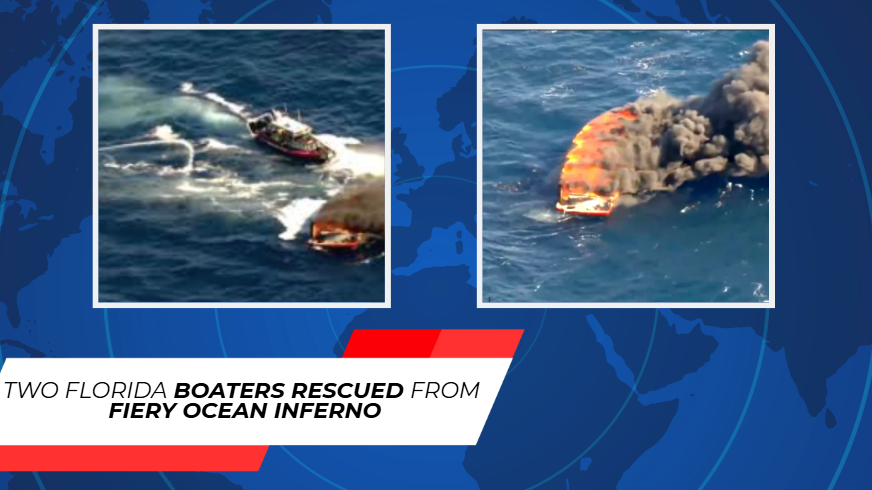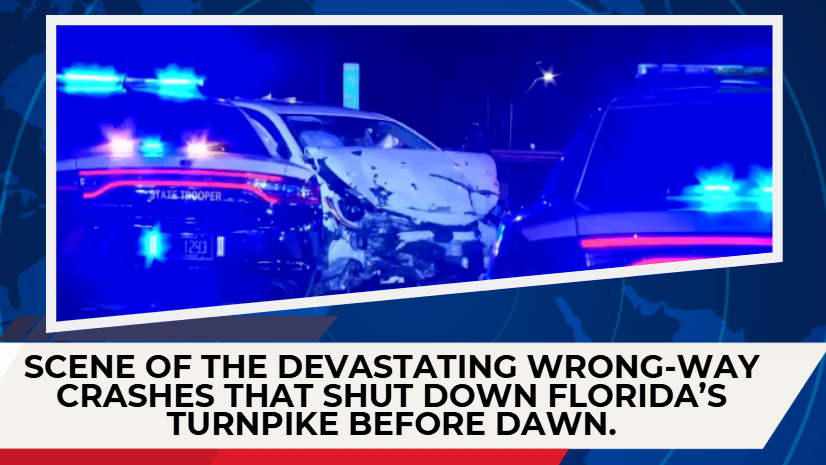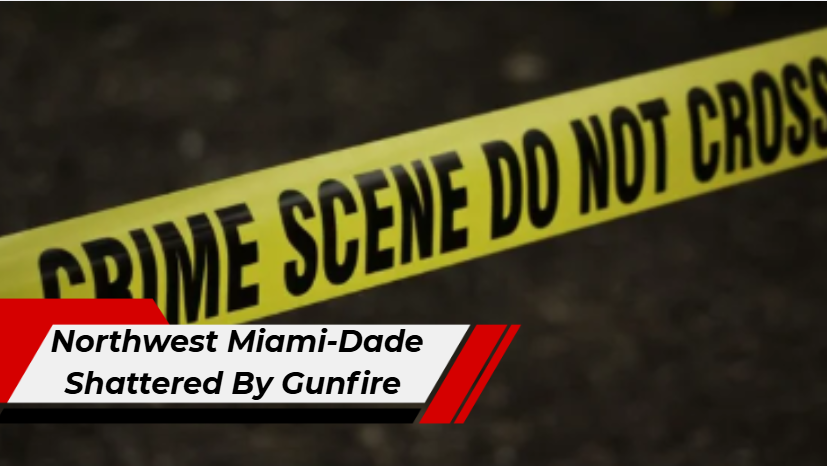In the aftermath of a deadly mass shooting that devastated a Michigan church community, an unexpected fundraiser has drawn both compassion and controversy. While many donation drives have been launched to support the families of victims, one fundraiser seeks to provide financial assistance to the family of the accused shooter himself.
The shooting, which took place last weekend at the Grand Blanc Township ward of the Church of Jesus Christ of Latter-day Saints, left four people dead and at least eight others wounded. According to police, the accused gunman, 40-year-old Thomas Jacob Sanford, drove his pickup truck through the church’s front entrance before emerging with an assault-style rifle and opening fire on worshippers. Approximately 100 congregants were in attendance when the violence erupted. Following an exchange of gunfire with responding officers, Sanford was killed.
Authorities later reported that Sanford also attempted to set the church ablaze during the attack. Grand Blanc Township Police Chief William Renye confirmed the sequence of events, describing the incident as “a calculated assault on a sacred space of worship.”
Fundraiser for the Shooter’s Family
In a surprising twist, a fundraiser created on the crowdfunding platform GiveSendGo has attracted significant attention. Unlike the GoFundMe drives and community donations directed toward the victims and their families, this campaign was launched to support Sanford’s surviving family members—his wife and children.
The organizer, David Butler, who identified himself as an “ordinary member” of the LDS church though not a member of the Grand Blanc Township ward, wrote that Sanford’s family should not be forgotten amid the tragedy. Butler emphasized that one of Sanford’s children lives with significant medical challenges requiring ongoing care, treatment, and specialized support.
“The family is grieving too,” Butler explained in the fundraiser’s description. “The Biblical book of James teaches us that ‘Pure religion and undefiled before God and the Father is this, To visit the fatherless and widows in their affliction.’ The purpose of this GiveSendGo is to do that.”
By Thursday afternoon, the fundraiser had collected $285,000, with a goal of $500,000. Comments posted alongside donations reflected the donors’ shared faith and a sense of compassion for the surviving family.
One anonymous donor wrote, “We have been taught to be peacemakers and pray that your family is blessed and watched over during this difficult time. May you feel the love of the Savior surrounding you always. You are beloved children of God.”
Church Members Express Mixed Emotions
Sanford’s family members initially reacted with hesitation. According to reporting from the Detroit Free Press, relatives feared the fundraiser might be an impersonation or scam. Eventually, however, they accepted the campaign as legitimate.
“It took my breath away, that this church is so forgiving and understanding and caring,” said Sanford’s sister, Katie Hamilton. “We weren’t sure what to think at first, but we have seen how deeply people care—not just for the victims, but for our family too. It means more than we can express.”
Still, the fundraiser has generated debate within the wider community. While some praise the effort as a reflection of Christian charity and forgiveness, others question whether supporting the shooter’s family is appropriate so soon after the tragedy.
Wider Impact of the Tragedy
Authorities, including the FBI, are continuing to investigate Sanford’s motives. White House press secretary Karoline Leavitt stated on Monday, citing conversations with FBI Director Christopher Wray, that Sanford was “an individual who hated people of the Mormon faith.” Officials believe the attack was motivated by religious bias.
For members of the Grand Blanc Township ward, the violent assault has left a lasting scar. Survivors described moments of panic as Sanford opened fire inside the building. “It was chaos,” one congregant recalled. “We were just praying, and suddenly everything turned into screams and gunfire.”
In the wake of the violence, multiple verified campaigns have been launched on GoFundMe, including a dedicated hub to streamline support for victims’ families and those recovering from injuries. Local community organizations have also begun offering mental health services and counseling for survivors and their families.
Compassion Amid Devastation
Butler, the fundraiser’s organizer, acknowledged the sensitive nature of his campaign, emphasizing that it does not seek to diminish the suffering of the victims’ families. Instead, he insists the initiative is about remembering that Sanford’s family members, who had no role in the violence, are also grieving.
“This is not about excusing what Thomas did,” Butler wrote in a recent update. “It is about acknowledging that his wife and children are facing unimaginable pain. They lost a husband, a father, and a provider in the most tragic and public way possible. They deserve compassion too.”
Faith leaders across Michigan have weighed in on the unusual campaign, with some supporting the idea of helping innocent family members while others stress that resources should first and foremost go to the victims of the shooting.
Moving Forward
The attack has reignited conversations about faith, forgiveness, and community resilience. For members of the LDS church, the dual efforts—raising funds for both victims’ families and the family of the perpetrator—highlight the complexity of grief in the aftermath of mass violence.
Whether the GiveSendGo campaign reaches its $500,000 goal remains uncertain. What is clear, however, is that the tragedy in Grand Blanc has forced difficult conversations about empathy, accountability, and the boundaries of compassion.
As Chief Renye noted, “This community has suffered a terrible loss. But in the days ahead, we’ll see the strength of its people—through how they mourn, how they support one another, and how they heal.”
%20(4).png)



.jpg)



.png)
